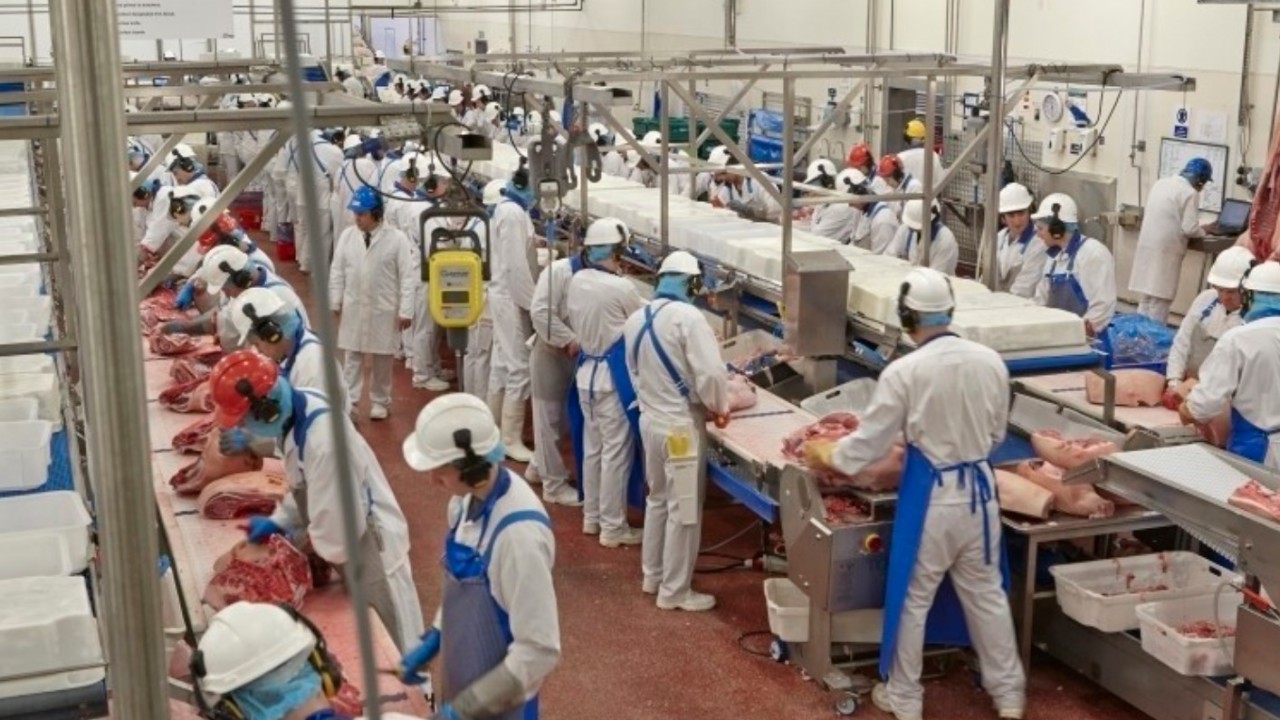Cattle prices in leading beef-exporting countries continued to rise or remained stable through Q2 2021. However, Rabobank states that Argentina and Canada were the notable exceptions, with a rather dramatic contraction in cattle prices, while Brazilian cattle prices took a break from their upward trend.
Looking at the situation in Argentina, the bank notes that, in June, the Argentine government implemented a system to restrict beef exports and raise the domestic beef supply. This measure came after a 30-day suspension of beef shipments in May. New quotas now limit Argentine beef exports to 50% of the average monthly volume exported from July to December 2020. Commenting, Angus Gidley-Baird, senior analyst – Animal Protein at Rabobank said:As Argentina was the fifth-largest beef exporter in 2020 and the second-largest supplier to China, this cut in export volumes has the potential to significantly impact global beef trade."The first deadline for review is at the end of August, with the possibility of an extension until December. Rabobank says it understands that the new export system is unlikely to end in August, although it is possible that some aspects of the restrictions could be eased, particularly exports to China and Israel – the biggest export markets. Following the discussions between the production sector and the government, the bank notes that, on August 16, the Argentine government said they would allow an additional quota of 3,500 metric tonnes per month to Israel. Continuing, Gidley-Baird said: “There are several possible scenarios when projecting Argentine beef exports.
But what we believe is most likely to happen is that there will be a 50% reduction in export volumes, according to the respective month of the previous year, to all destinations, with the exception of sales to China – resumed in September – and quotas to identified countries, until December 2021."In this way, they would meet the main demands of the production sector and raise the availability of beef in the domestic market, dropping exports by only 9.5%, compared to 2020," he added. Ultimately, from an international perspective, Argentina's restricted exports are expected to favour neighbouring South American markets such as Brazil and Uruguay. Brazilian beef exports to China improved significantly in June and July. Brazilian exports in June (82,000 metric tonnes) increased 22% compared to May, and in July they saw another increase of 11%, reaching 91,000 metric tonnes, the highest volume this year.
According to the Uruguayan National Meat Institute (INAC), in the first half of 2021, beef exports from Uruguay to Argentina reached around 1,400 metric tonnes, the highest level in the last 10 years.
Shipments from Uruguay to China also increased 45%, reaching around 146,000 metric tonnes, and volumes to Israel increased 83.6%, to 8,200 metric tonnes. Although Argentina’s government was expected to publish an incentive plan for the production sector – to prevent short and medium-term reductions in the herd and production – Rabobank believes, based on the analysis of previous situations, that production could fall by 4% to 5% this year, the bank concluded.
